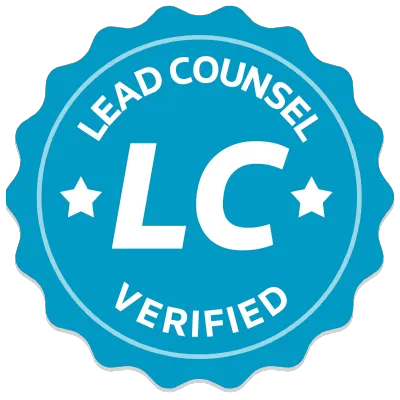- posted: Jun. 08, 2022
Quirks of the North Carolina Workers’ Compensation Act, pt. 3
Many employers and employees believe that being under the influence of drugs or alcohol at the time of an accident prevents an injured worker from recovering any type of workers compensation benefits. In the legal world, we would refer to this as “an absolute defense”. Despite what the names implies, it’s not always that easy. As you’ve seen in our posts over the past few weeks, the North Carolina Workers Compensation Acts has lots of these little quirks and today we are looking more closely at the many nuances of a work injury involving an intoxicated individual.
There are several different factors to consider in these cases. The first one being, the source of intoxication. For example, if an employer supplied the substance, like alcohol at a company party, and an intoxicated employee fell and was injured, the fact that the employee was intoxicated would not bar them from having a workers’ compensation case. Second, the intoxication must also be the cause of the injury. What this means is, even if an employee is very intoxicated, if they are injured while at work but not because of their intoxication, that could still be considered a compensable injury. Consider an intoxicated employee (A) who is walking through the building when another employee (B) dropped something on their head. The fact that employee A was intoxicated would not bar their recovery.
It’s also important to remember that intoxication is not limited to alcohol. Any substance which is controlled and NOT prescribed by a practitioner which leads to the employee losing the normal control of his or her bodily or mental faculties is implicated by this section of the act.
The last thing to recognize is that an employer must be able to prove an employee’s intoxication. This means that an employer or employer representative needs to have 1) evidence that the employee was “appreciably impaired” and 2) a positive toxicology report (blood or otherwise). However, even if the employer has this proof, the employee still has the opportunity to show that they weren’t impaired. It will ultimately be up to a Deputy Commissioner to determine whether or not the employee was impaired.




